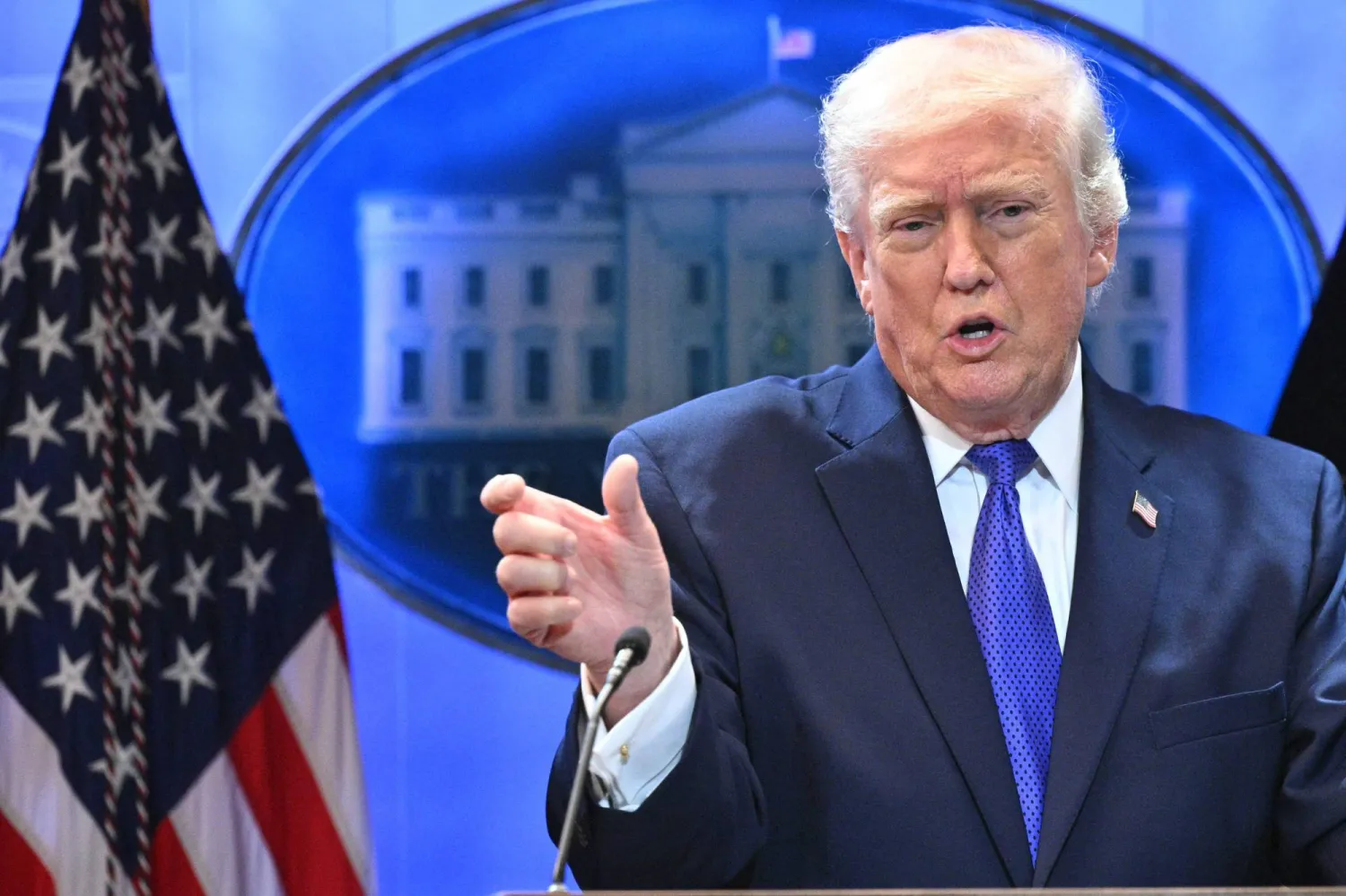The Kremlin demanded Friday that Belarus quickly release 33 Russian private security contractors it detained on terrorism charges, dismissing accusations of plots during the Belarus presidential campaign as bogus.
The allegations represent an unprecedented escalation of tensions between Russia and neighboring Belarus, traditionally close allies, as Belarus' President Alexander Lukashenko seeks a sixth term in the Aug. 9 election.
Belarusian officials said the employees of private Russian military contractor Wagner, who were detained Wednesday, are facing a criminal probe on charges of plotting terror attacks in Belarus amid the country’s presidential election campaign.
The Ukrainian authorities, meanwhile, said Friday they will ask Belarus to hand over 28 of the detainees on charges of fighting alongside Russia-backed separatists in eastern Ukraine.
The Wagner company is linked to Yevgeny Prigozhin, a Russian businessman who was indicted in the United States for meddling in the 2016 US presidential election. The firm has allegedly deployed hundreds of military contractors to eastern Ukraine, Syria and Libya.
Independent observers and opposition supporters in Belarus see the detention of the Russians as part of the authoritarian Lukashenko’s efforts to shore up sagging public support.
The Kremlin, which first reacted cautiously to Belarus' move, toughened its stance Friday. Kremlin spokesman Dmitry Peskov said Russia expects Belarus to quickly free the detainees.
“The unwarranted detention of the 33 Russian citizens doesn't fit into the framework of the allied relations,” Peskov said during a conference call with reporters. “We expect our Belarusian allies to clear up this incident immediately and release our citizens.”
Peskov said members of a Russian security firm were en route to an unspecified country and were detained after missing a connecting flight to Istanbul at the Belarusian capital of Minsk's airport.
“They have done nothing wrong and carried no illegal items,” he added.
The Russian Embassy in Minsk said Friday that Belarusian authorities met its demand for consular access to the detainees.
Experts say Belarus long has provided a transit corridor for sensitive Russian operations abroad. Lukashenko now appears to be trying to use a routine Russian deployment for his own political gain.
Throughout his 26 years as president, Lukashenko, a former collective farm director, has relied on Russian subsidies to keep the nation’s Soviet-style economy running but resisted Moscow’s push for closer integration of the neighboring nations. He frequently accused the Kremlin of harboring plans to incorporate Belarus with Russia and vowed to resist them.
The 65-year-old Belarusian leader is campaigning to retain his post amid a wave of opposition protests driven by weariness and anger over his iron-fisted rule and the bruising economic damage from the coronavirus pandemic.
Belarus election officials have blocked his two main challengers from being registered to run against him. One of them has been jailed on what supporters call fake charges. The other fled to Russia with his children after alleged reports from security officials that he would be arrested and his children would be taken away.
The opposition has united behind another candidate, Svetlana Tikhanovskaya, the wife of a jailed opposition blogger.
On Thursday, Belarus’ Investigative Committee linked the detained Russians to her husband as part of a criminal investigation into alleged preparations for staging “mass riots.”
Speaking Thursday at a rally in Minsk that drew tens of thousands in the biggest demonstration since the start of the presidential campaign, Tikhanovskaya dismissed the charges against her husband as a crude fabrication.









